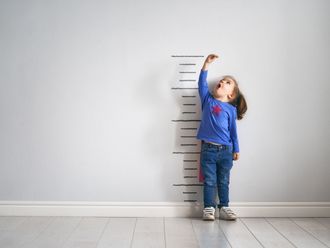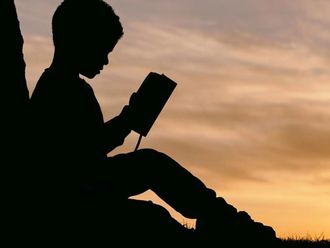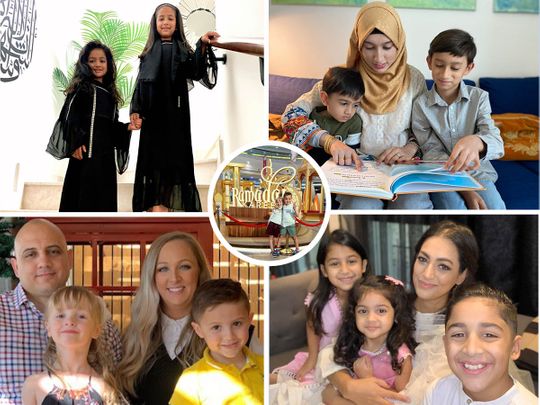
COVID rules mean that Ramadan once again looks very different for UAE families this year. With large gatherings banned, and restrictions on meal donations as well as other COVID precautions still in place, parents are using the lessons learnt from last year’s lockdown Ramadan in order to make the most of another out-of-the-ordinary Holy Month. Half way through the month, here’s how a pandemic Ramadan 2021 looks for families living in the UAE…
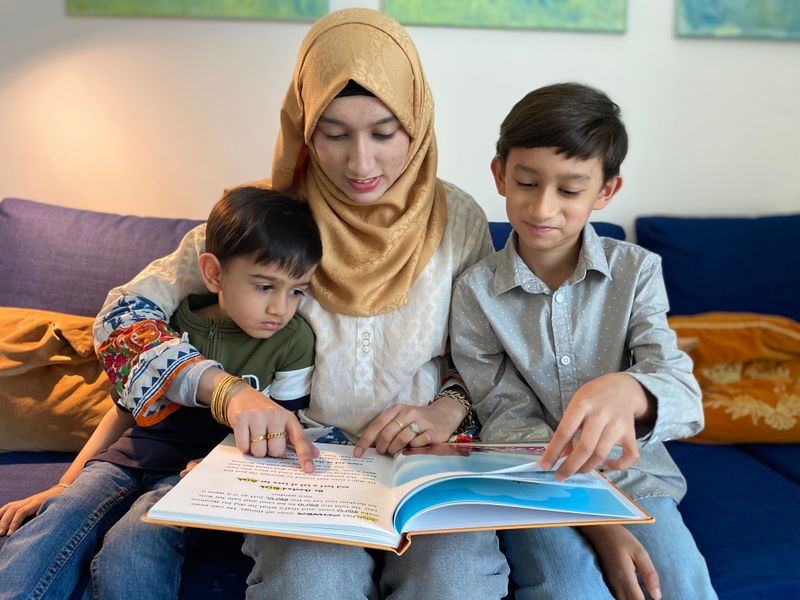
Preserving the peace
When the chaos of COVID hit last year, British mum-of-two Zeyna Sanjania never thought she would be wanting to retain some of the elements of a pandemic Ramadan. But that’s exactly what happened: “This year, similar to last year, the pandemic has allowed us to spend a great deal more time as a family at home, breaking our fast together and praying together.”
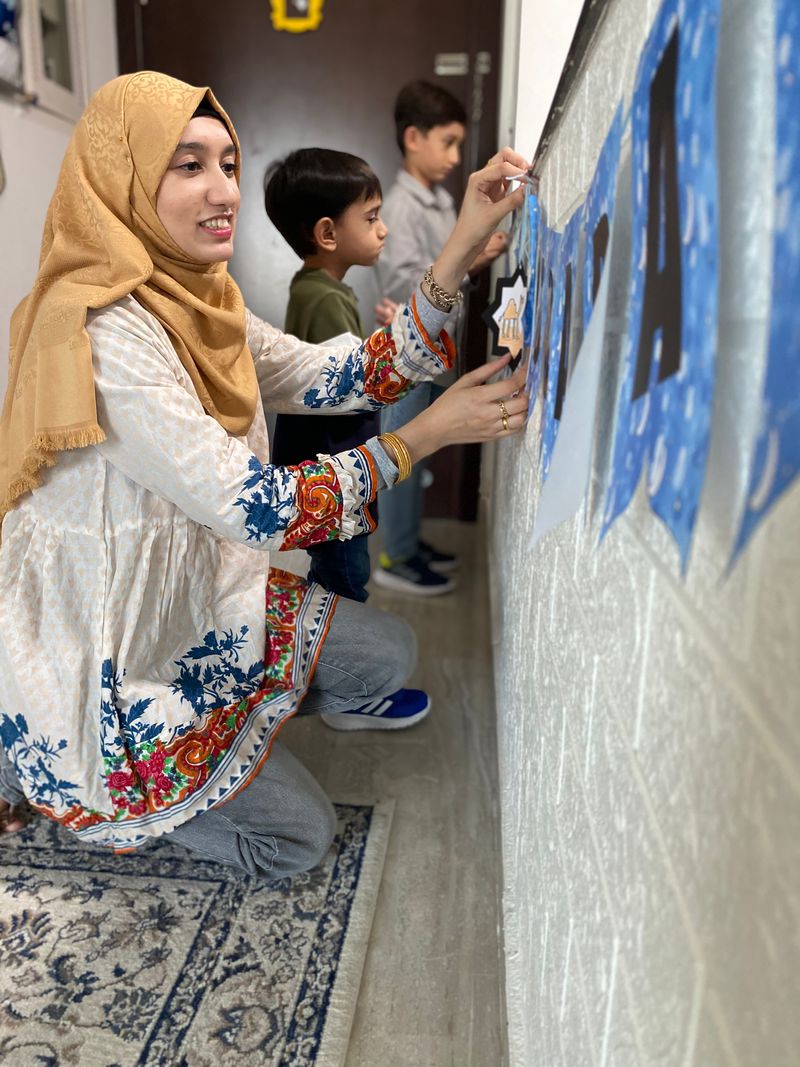
The solitude of lockdown was an interesting lesson says the Dubai-based lifestyle blogger (@mummyonmymind) and doodle artist. “Even as things begin to slowly get back to normal, having felt and experienced the true essence of a quieter Ramadan and how special it was, we have held on to that this year too, knowing now how much better we felt last year for it.”
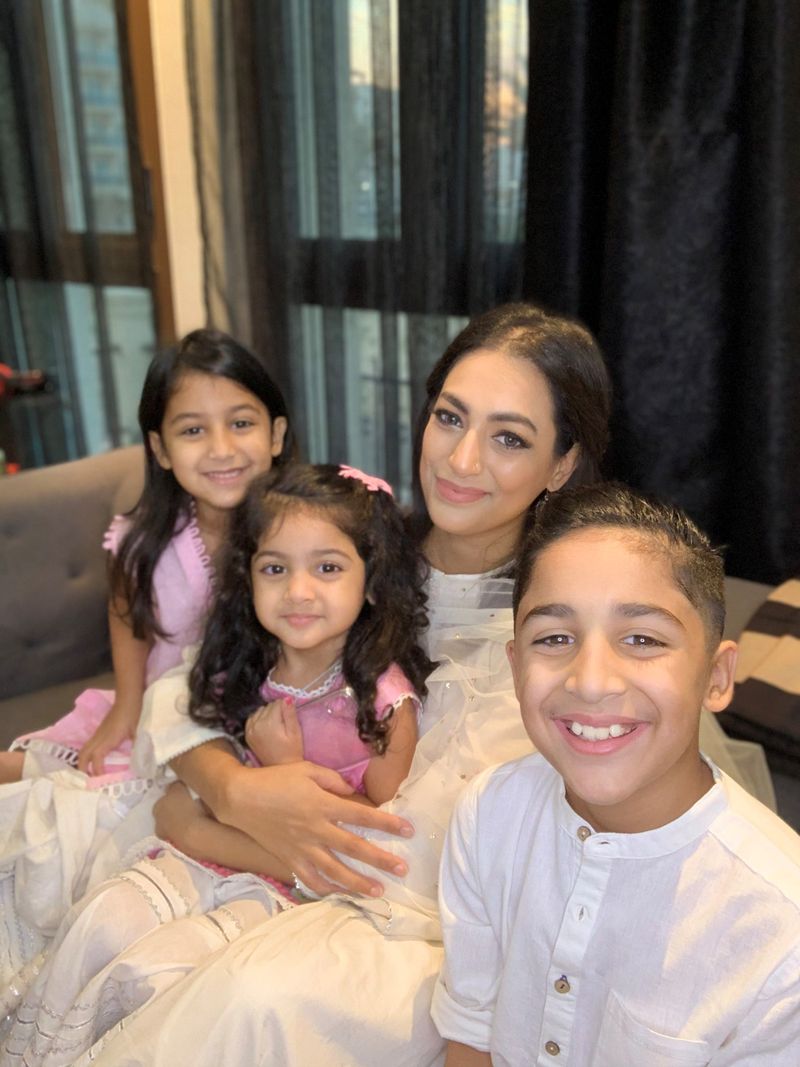
Blessings in disguise
Zainab Malik, a UAE-based influencer and mum of three (aged 4, 7 and 9) agrees that lockdown was a bit of a blessing in disguise when it comes to appreciating the real meaning of Ramadan: “Ramadan is the most important month in the Islamic calendar and something I’ve observed since I was a child,” says the British Instagrammer (3_at_thirty). “It’s a time for quiet reflection and self-discipline.”
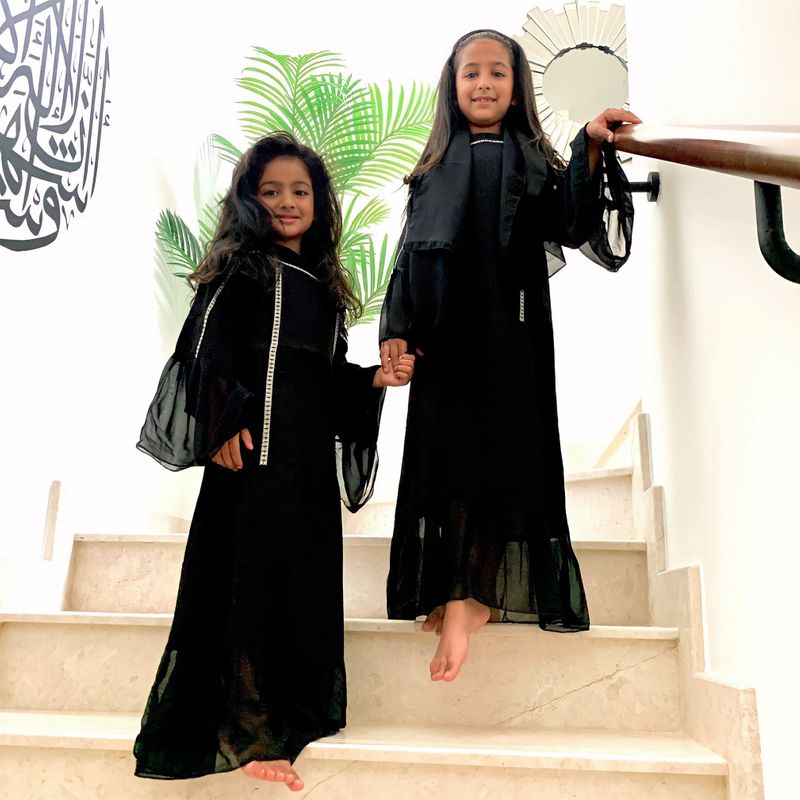
But over the years Zainab says Ramadan had become a bit of a social whirlwind: “Gathering with loved ones, attending iftars and suhoors and deciding on what outfits to wear!”
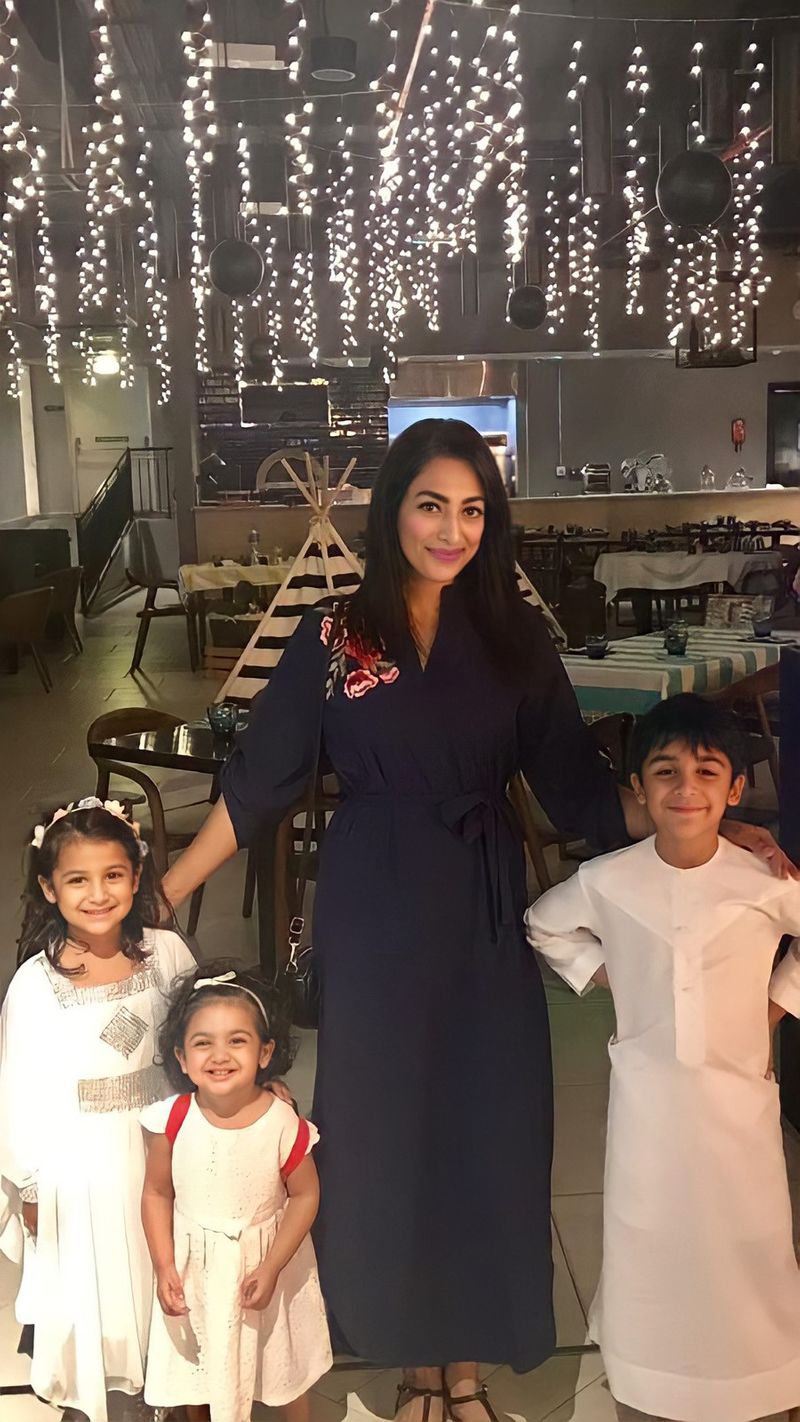
COVID and lockdown of course put a stop to all that: “Since then Ramadan hasn’t truly been the same, but better for us as a family. We find ourselves being very lucky; we live in a day and age where we can order food online, do our shopping online and can even ‘exist’ online with all the social media platforms we are on. This Ramadan is definitely a time to self-reflect and better appreciate loved ones. As a family we are taking the time to pray together, eat together and take part in family activities, be it cooking up a new recipe or even learning a new craft.”
Missing the buzz
Rachael Salahat, an American mum of five-year-old twins living in Abu Dhabi, married into Islam 15 years ago and has been celebrating Ramadan ever since.
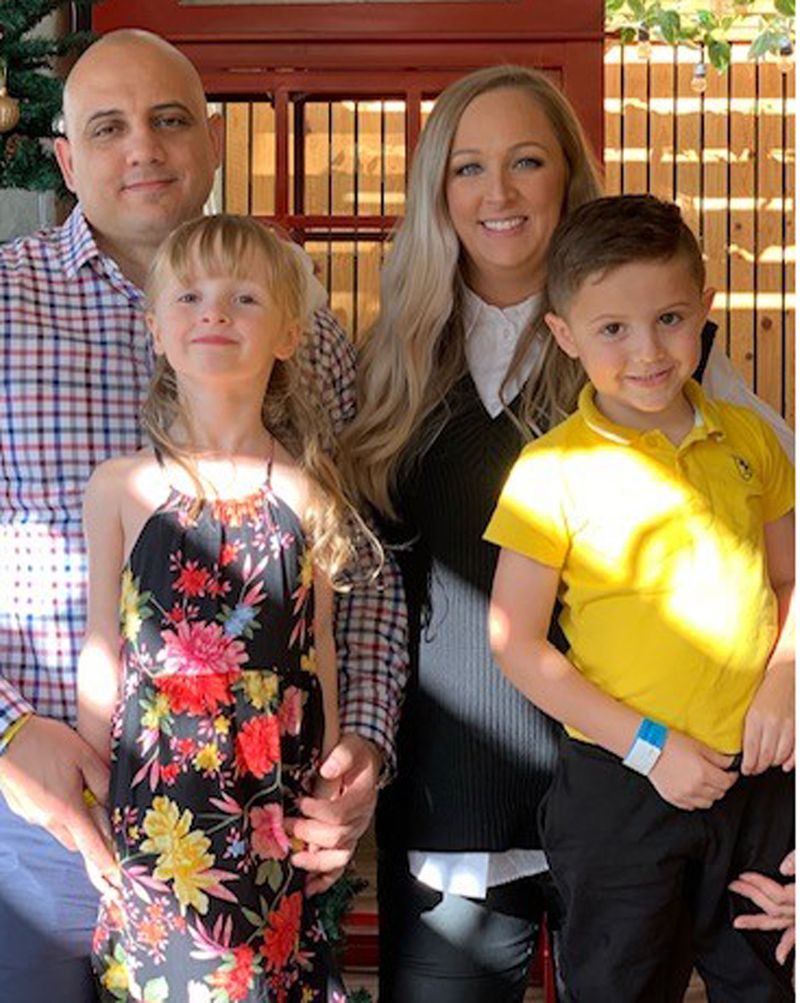
She also acknowledges the lessons of 2020: “During Ramadan last year, movement was restricted in Abu Dhabi and my husband was in quarantine for the first two weeks, so we were all on top of each other. But I look back and I honestly miss how close and even cosy that time was. It was almost like there was a blizzard and we were all stuck inside but still safe and warm in each other’s company. Something we wouldn’t have continuously done if it wasn’t for the pandemic. Family time.”
It was like there was a blizzard and we were all stuck inside but safe and warm in each other’s company
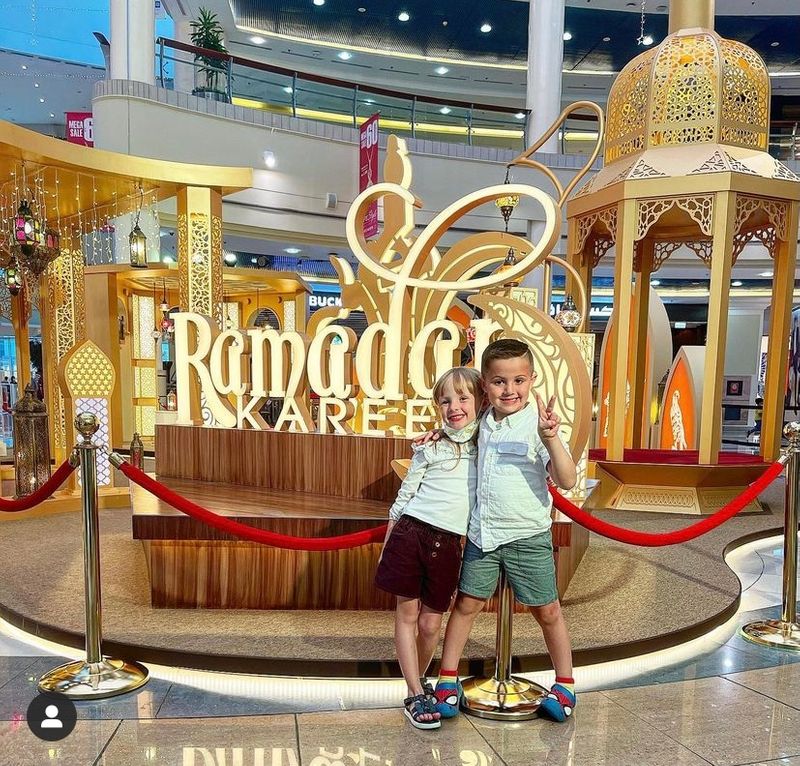
Nevertheless, Rachael also misses the Ramadan traditions that were possible before social distancing and pandemic precautions: “I do miss the pre-COVID times of Ramadan here in Abu Dhabi. The city lights up everywhere and even being able to easily support labourers with Iftar meals, I miss how easy that was.”
Thinking more of others
For Indian mum of two Farheen Matheranwala, the pandemic has made the aspect of Ramadan that is about helping and serving others even more important: “While celebrations and festivities are also a part of it, it is a time to connect spiritually. I want my children to know how blessed we are and what is the best we can do to help and serve others during this month and in the future.”
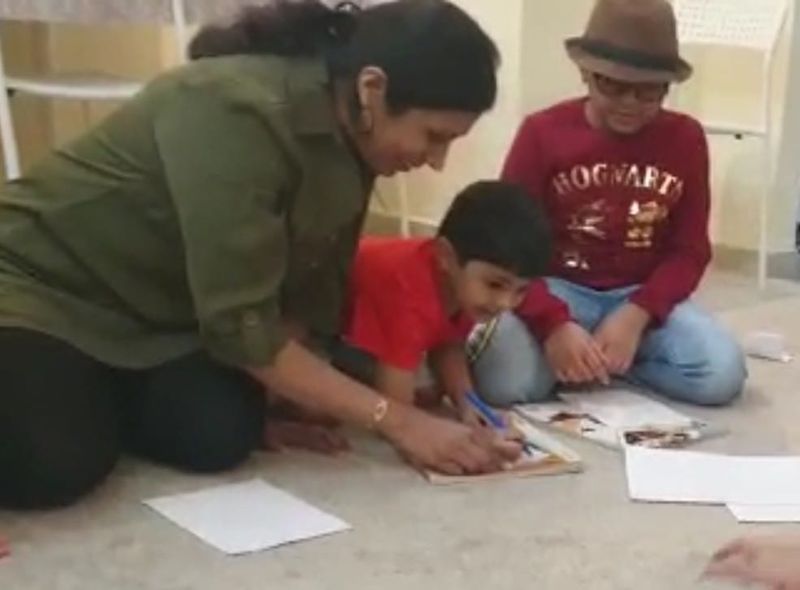
Like last year, Farheen’s family is keeping the celebrations low-key again. “Our goal is to engage in more charity initiatives, as this past year has been so difficult for many.”
She says that experiencing a pandemic Ramadan taught her that some things are just out of our control, and we must adapt and accept in order to survive: “This is what as parents we’d also like our children to learn. The sooner we accept and adapt to Allah’s plans, the easier it is for us to stay and remain content.”
Finding ways to connect
Mehnaz Anshah, General Manager of Sidr Tree Learning UAE and mum of two says that although a major aspect of Ramadan was impossible last year, there were benefits to it: “Ramadan is pretty much a shared experience, whether it is gathering with family to have suhoor or iftar, or coming together for prayer and meeting loved ones and undertaking a charity initiative. Community is an integral part of it. With the pandemic, we were cut off from a huge part of our extended family and community initiatives had come to a halt. But I must say this whole situation forced us to recalibrate and reconsider our priorities. It pushed us to connect with people who are far away from us. Stories, experiences and memories were of high value and became a catalyst to better and sincere prayers and deeds.”
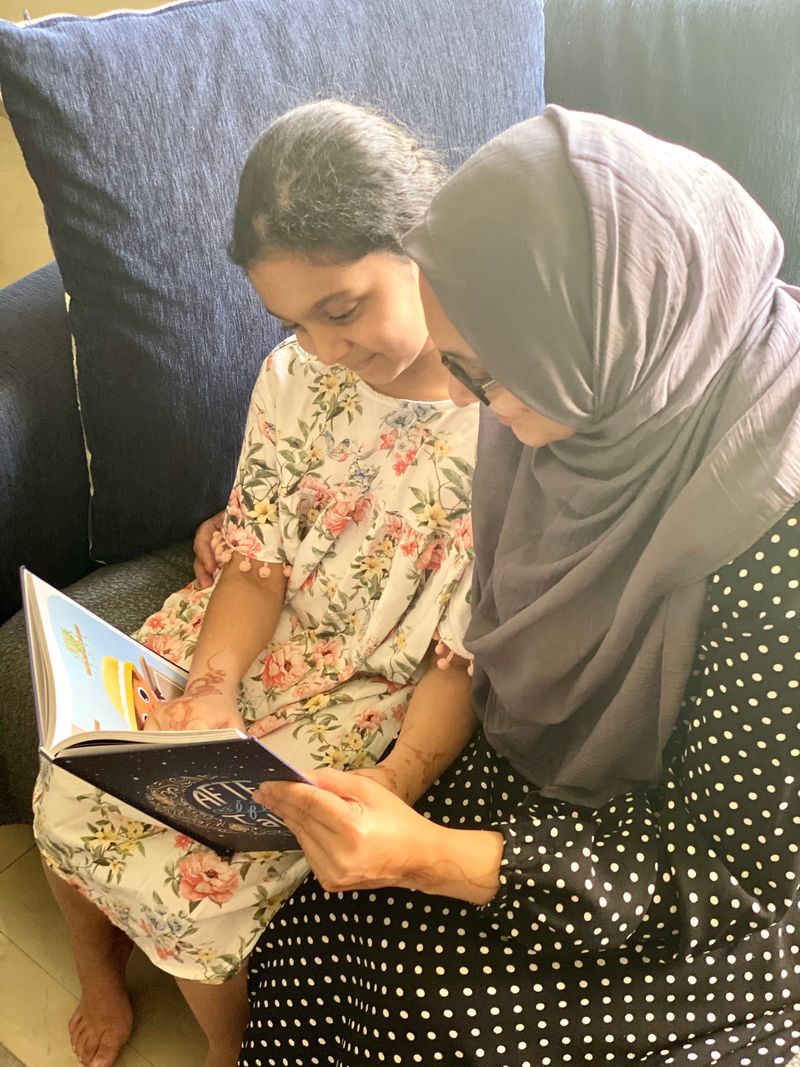
After spending an isolated Ramadan last year, Mehnaz came up with an initiative to bring people together in a virtual way, by sharing stories that teach the values of Ramadan. “We have published ‘After Iftar Tales’, a book of 10 short stories that tell us about Ramadan. Now available from the Bismallah Buddies website (Bismallahbuddies.com), the title was chosen to describe this precious time that's between the time of breaking fast and the night prayers. It is a time usually spent with the household or community to share and reflect on the day. We wanted people who are spending Ramadan in isolation to have these stories that bring them a sense of home. These are stories that have come from different people who had have different life experiences but they all talk about the beauty of Ramadan.”
The pain and destruction wrought by the pandemic has nonetheless also brought some valuable lessons, says Mehnaz: “We are wasting our time dwelling on things that are beyond our control. For each thing that we do not have power over, there are a hundred things we can do. This is what we should focus on. This is what will bring us success.”
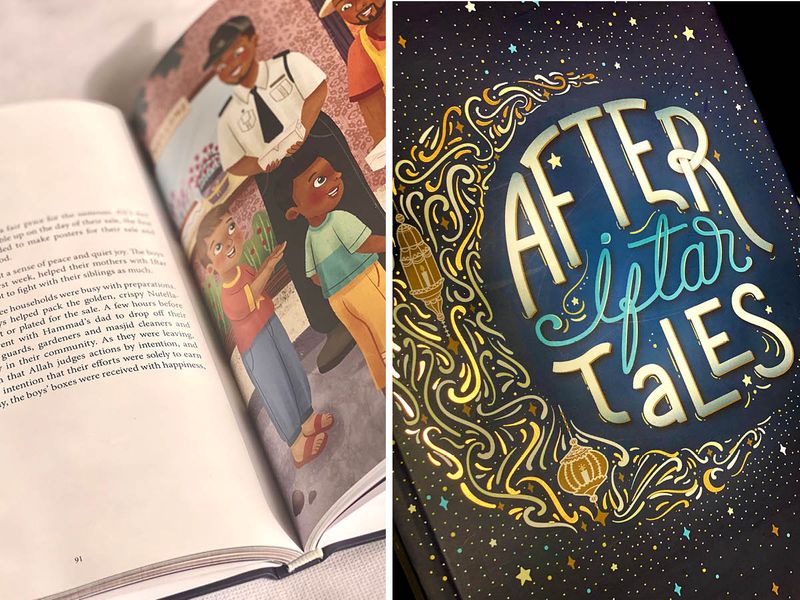
Hard-earned lessons
The hidden blessings of a pandemic Ramadan were not so obvious for Indian interior designer and mum of two teenagers, Zainab Huzaifa: “I found it hard and boring, I wasn’t used to sitting in the same closed place for so long,” she says. “Although it was the first time my kids did all 30 of the fasts as school was online.”
Due to the restrictions, Zainab’s family is continuing to pray at home this year as well, although they are doing small gatherings with family.
Despite missing the community aspect of a regular Ramadan, she says the pandemic has taught her and her children some profound lessons: “Children have realized during these times that everything can end tomorrow. We need to focus on what is important to us. When all this is over, Earth will continue to spin, and life will flow again.”



